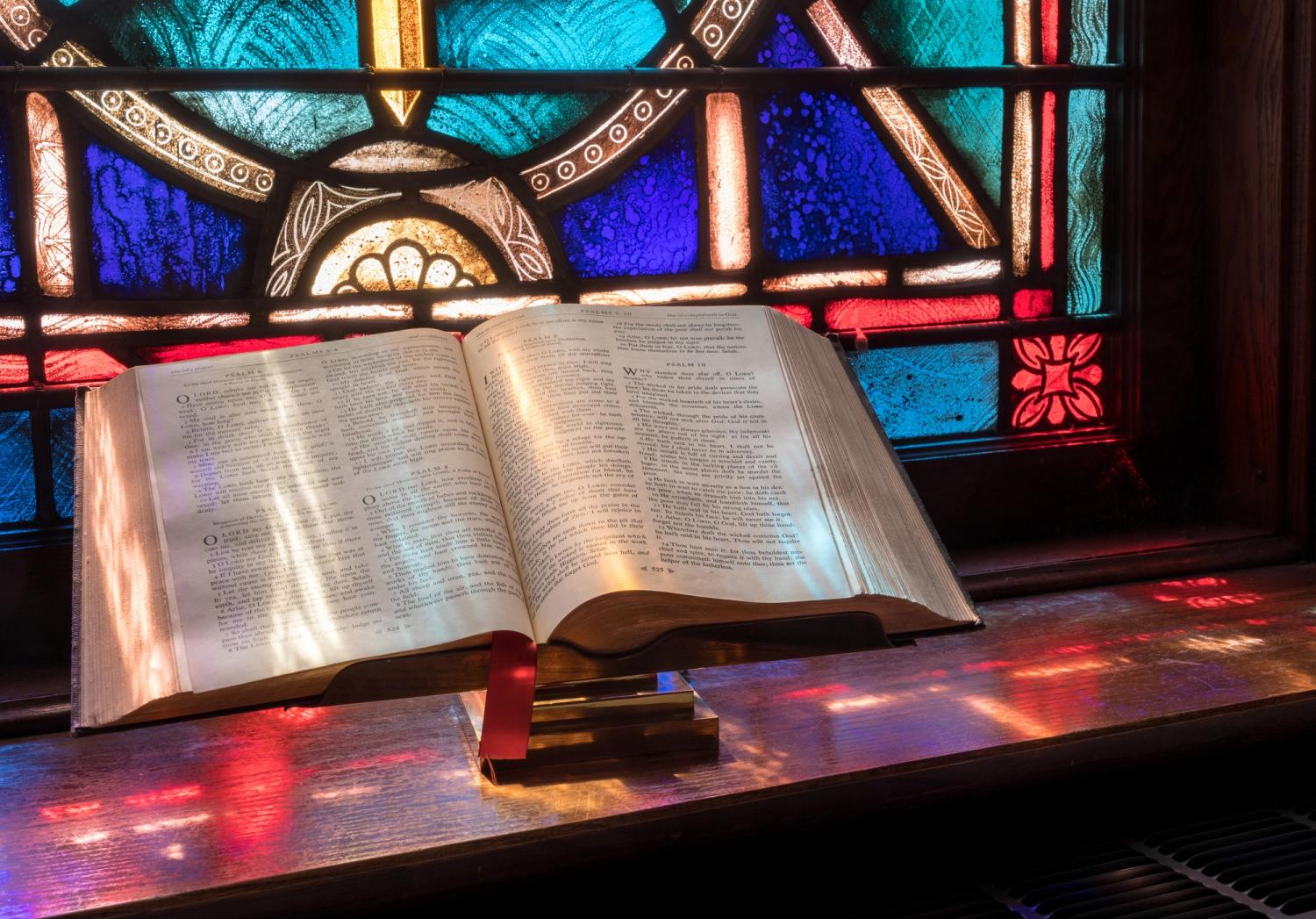Methodist Funeral Traditions
Methodists commonly believe that those who believe in God and love God will spend eternal life with Him.

Mortal life is understood as a gift from God, and when a Methodist dies he or she is taking a step closer to eternal life with God. Many Methodists believe that when Christ comes back to earth the dead will be resurrected, as Christ died and was resurrected.
After Death Has Occurred
When a Methodist dies, a pastor should be contacted to help in planning the funeral service and identifying an appropriate funeral home.
Organ Donation/Donation To Medical Research
Organ donation is acceptable in the Methodist faith.
Cremation
Cremation is acceptable in the Methodist faith, and will not interfere with holding a traditional Methodist funeral.
To learn more about this topic see our article: Cremation
Embalming
Embalming is acceptable in the Methodist faith.
Viewing, Wake, Or Visitation
The option of holding a viewing before the funeral is up to the family of the deceased. The viewing can be held in the day or days before the funeral or immediately before the funeral service, and can be open to all mourners or limited to close family members. As the Methodist funeral service primarily religious, fraternal, civil, or military rites should not be delivered during the service but rather at the viewing or at the burial/interment.
To learn about this topic see our article: Viewings, Wakes, and Visitations
When To Hold A Methodist Funeral
The funeral should be held within two or three days of the death.
Where To Hold A Methodist Funeral
The funeral can be held at a church, at a funeral home, at a chapel at the cemetery, at the gravesite (in the case of burial), or at a family home.
The Methodist Funeral Service
The pastor will officiate the service, which may include hymns, a sermon, and a eulogy by a close friend or family member. If the body is not present for the service, a memorial service will be arranged. Wherever the service is held, it is appropriate that the casket be closed during the service.
To learn about the differences between funerals services see our article: Making The Decision Between Having A Funeral, Graveside Service, Or Memorial Service
Specific Methodist Funeral Arrangements
A spray of flowers or a pall may cover the casket, or the casket may be left as-is. If the body is not present for the service, a photograph of the person who died may be placed at the front of the room. As church customs may vary, it is best to speak with your pastor about specific arrangements. Music appropriate for a worship service may be included.
Interment
Generally, all guests are welcome to attend the interment. Whether the body will be buried in the ground or entombed in a mausoleum, or whether ashes will be interred in a columbarium or buried in an urn garden, the ceremony will be led by the pastor. The pastor will recite prayers and commit the body or cremated remains to the earth.
If you will be attending a graveside service, see our article Graveside Service Etiquette.
Military, Fraternal, Or Civil Rites At A Methodist Funeral
Military, fraternal, or civil rites may be performed at the interment site, and are generally not performed at the funeral service itself.
Post-Funeral Reception
After the interment, there may be a reception at a family home or at the church.
If you are planning or attending a post-service reception see our articles: Post-Funeral Reception | Post-Funeral Reception Etiquette
Mourning Period And Memorial Events
There is no prescribed mourning period or memorial events for Methodists.
- How To Express Sympathy: What To Say And What...We’ve compiled a list of things to say—and things to avoid saying—when...Read more
- A Quick Overview Of Proper Funeral EtiquetteFunerals are emotionally complex, and knowing how to act can present a...Read more
- Paying Final Bills, Dues, And Estate ExpensesIn order to settle the estate, all outstanding bills and dues that the...Read more
- Funeral Pre-Planning Cheat SheetPlan now, rest later.Read more



